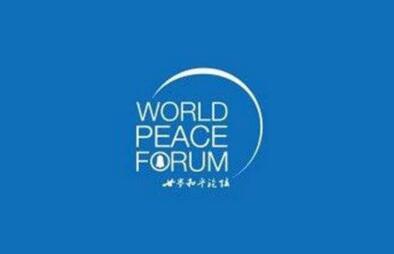BEIJING, July 9 (Xinhua) -- All countries should unite to safeguard multilateralism in the face of mounting challenges posed by protectionism and unilateralism, officials and experts said here during a just-concluded two-day forum on global peace and prosperity.
While the 8th World Peace Forum, organized by China's Tsinghua University, covered topics ranging from the World Trade Organization reform to Africa's development and regional security, there was a consensus among participants that multilateralism and the rules-based international order are increasingly under assault.
Noting that in the era of fast-paced globalization, a gaping division between cities and rural areas, and between highly-educated people and their less-educated peers has emerged, Herman Van Rompuy, former prime minister of Belgium and former president of the European Council, said that globalization is unfortunately being seen by some as less than a win-win situation.
Even though globalization has its limits, Van Rompuy said, many challenges facing the world -- including the migration crisis and climate change -- cannot be solved by a single country.
"Without international cooperation, we can not succeed," he said, urging political courage from leaders to resist such "easy solutions" as protectionist measures in all varieties.
In international relations, multilateralism remains as a contrast to the practice of unilateralism, in which a state, usually a more powerful one, acts without considering the interests of others.
"From the perspective of developing or emerging markets, multilateralism is the best system, since it allows countries that didn't have a voice in the rule-making process to come onto the stage," said Rajat Kathuria, director at the Indian Council for Research on International Economic Relations.
One example of multilateralism is the global effort to prevent nuclear proliferation. Speaking at a panel discussion, Ambassador of Iran to China Mohammad Keshavarz Zadeh said that the international community must uphold the idea of multilateralism and win-win cooperation, which are at the heart of global arms control and nonproliferation diplomacy.
Any unilateral action or double standards in such circumstances, he warned, can only lead to disastrous consequences and are far from the goal of collective security.




 A single purchase
A single purchase









